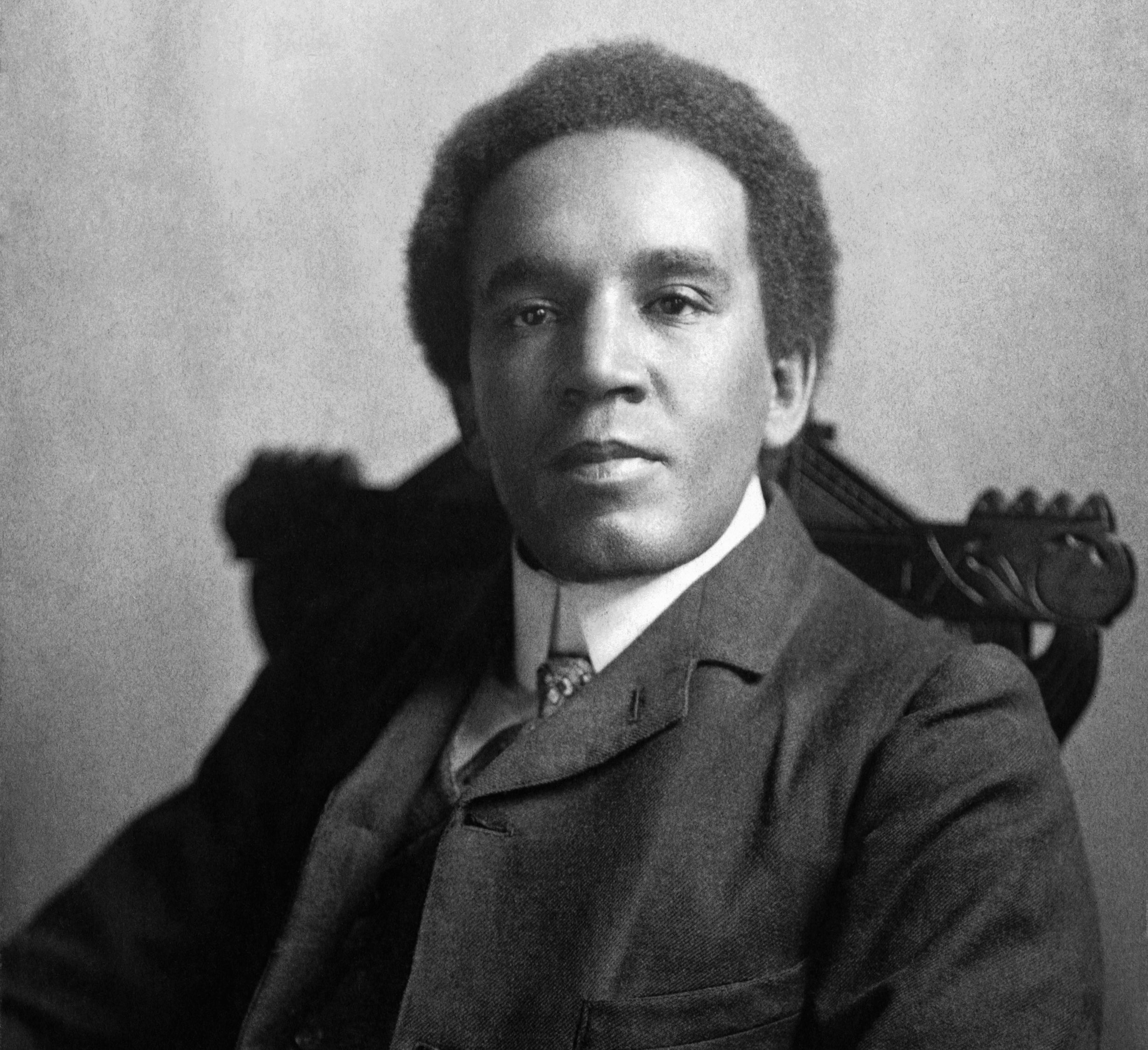On September 3, 1914, a German cavalry unit approached a French country estate. The owner of the estate, who had been working in his upstairs study, was not one to accept the encroachment without a struggle. He was a composer named Alberic Magnard and he was about to cross the line from civilian to combatant.
Magnard had never been on to bend easily. He grew up in wealth, comfort, and success-disdainful, aloof and humorless. At his father’s expense, he traveled widely before settling down to attend law school. By the time he got his degree in 1887, though, Magnard had decided to devote his time to music even though he hadn’t yet shown any particular musical aptitude. During a year at the Paris Conservatory, he studied composition with the distinguished opera composer Jules Massenet, who seems to have had no great effect upon him.
More influential were Vincent d’Indy, with whom Magnard studied for four years, and Cesar Franck. During his years of apprenticeship, Magnard wrote two symphonies, had an opera performed in Brussels without acclaim, and composed a series of seven Promenades for piano that evoke a walking tour of Paris.
Stay informed on the latest news
Sign up for WPR’s email newsletter.
In 1894, when his father died, Magnard turned inward, concentrating not on pleasing an audience, but on pursuing his ideals of artistic truth and form. He published most of his works at his own expense and met with scant response, heightening his sense of artistic failure and his disillusionment with his surroundings.
That was the man who watched from an upstairs window as the German soldiers approached his country house. He shot, killing two of them. The Germans shot back, killing the composer, and then set the house on fire, destroying his latest work, a set of 12 songs.
The personality of the ill-fated Alberic Magnard might be best expressed in his chamber music, which has been described as “uniformly intense and severe.”
Wisconsin Public Radio, © Copyright 2024, Board of Regents of the University of Wisconsin System and Wisconsin Educational Communications Board.





